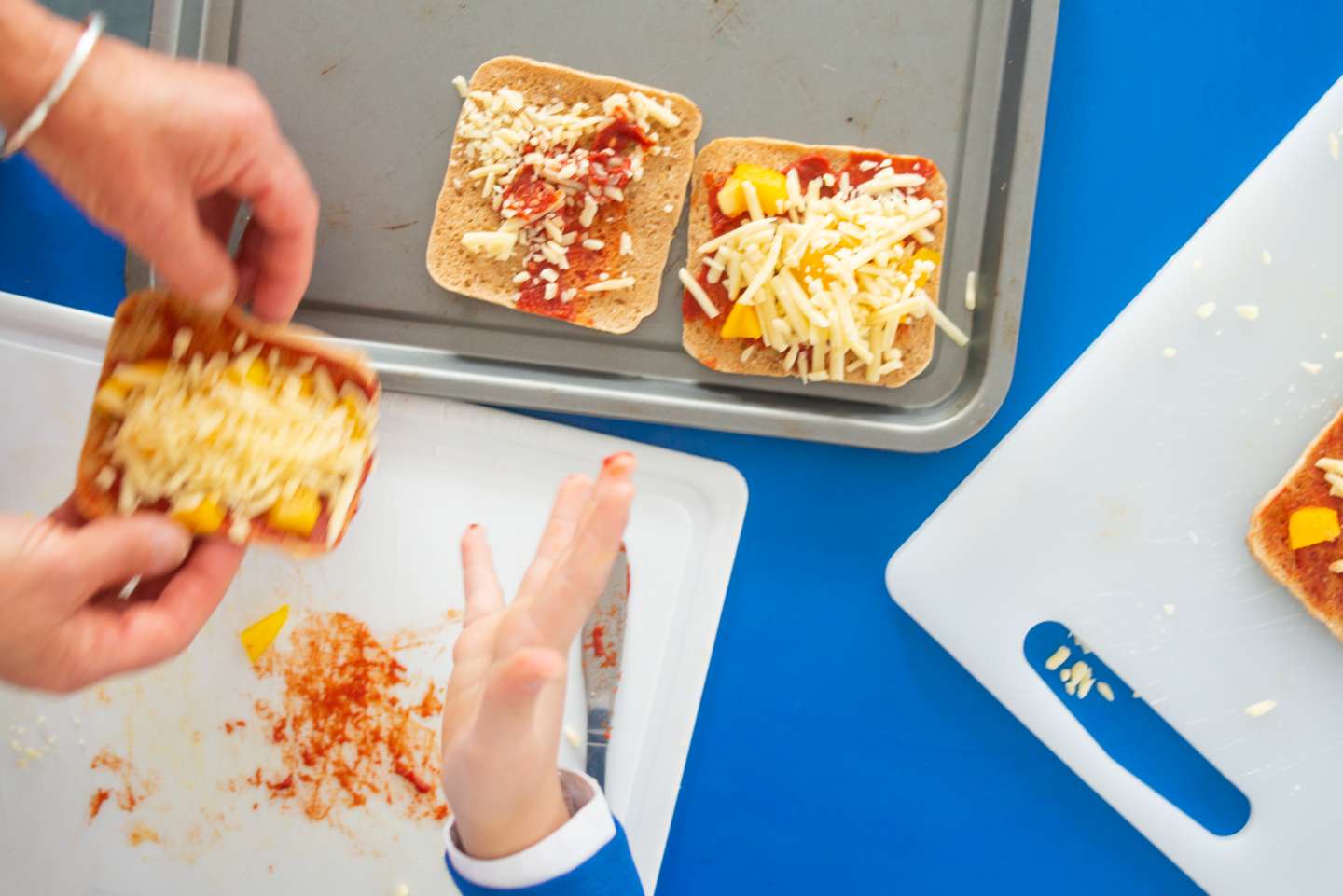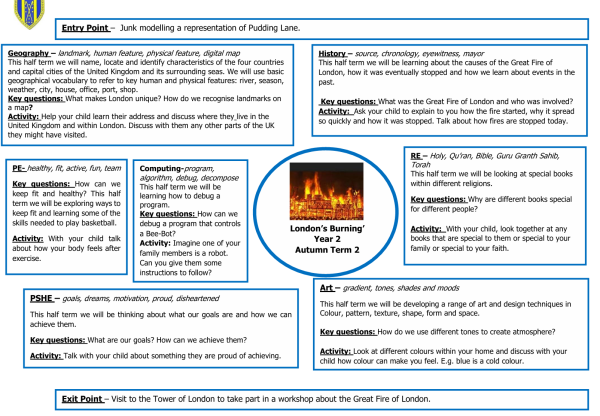Design and Technology

Design and Technology stimulates creativity and imagination through the design and production of quality products.
Intent
At Dorothy Barley Infant School we believe that a high-quality design and technology curriculum sparks the creativity and imagination of the children. The hands-on lessons encourage pupils to design and make products that solve real and relevant problems within a variety of contexts, considering their own and others’ needs, wants and values. Through the evaluation of past and present design and technology, the pupils should develop a critical understanding of its impact on daily life and the wider world. By securing the basic principles of designing, making and evaluating, our children are well prepared for the Design and Technology curriculum at Key Stage Two and beyond.
Design And Technology At Dorothy Barley Infant School

Implementation
At Dorothy Barley Infant School, the teaching of Design and Technology follows the National Curriculum through the use of ‘Projects on A Page’ documents (Design and Technology Association). Children design products with a purpose in mind and an intended user of the product. Food technology is implemented across the school with children developing an understanding of where food comes from, the importance of a varied and healthy diet and how to prepare meals using a range of ingredients, whilst considering the location of the source of ingredients used and any possible environmental impact.
Through a variety of creative and practical activities, children are taught the knowledge, understanding and skills needed to engage in the process of research, design, make and evaluate. Design and Technology projects are delivered with a clear structure, which includes challenging students at all levels. Children are able to explore a range of existing products and formulate opinions on these, in order to make design decisions for their own products and they will explore materials, components, mechanisms, control systems and structures whilst considering health and safety aspects for practical activities. Skills that are taught will assist with learning across the curriculum in Science, Maths and Computing.
Language development is carefully planned for across our bespoke Design and Technology curriculum. Vocabulary is identified and taught in a progressive manner across the school, including the language of designing, making and evaluating. Children learn to think and talk like designers through the use of technical language. Through the units of work and cross-curricular links with Science and Reading, children are exposed to the work of designers and inventors from a range of backgrounds and cultures.
Sparking Curiosity – There are many opportunities across our Design and Technology curriculum for children to explore and experiment as they design and make using a variety of materials and tools. Units use existing products as a starting point.
Hands-On and Active Learning – Children have well planned opportunities to design, make and evaluate products for themselves. All units of work are fully resourced with the equipment necessary for hands on learning.
Independence – Children are empowered to make their own decisions, solve problems and take ownership of their projects. Relevant skills are explicitly taught so to build independence when children create their final product.
New Knowledge and Skills – The Design and Technology curriculum is sequenced progressively to ensure prior learning is referred to and built upon. Skills are embedded throughout and developed as children progress through the school.
Empowering Experiences – Our Design and Technology curriculum is enriched by a variety of different sources from outside school. Children access trips and workshops to enhance their understanding.
Curriculum Planning
Design and Technology Overview
Design and Technology Progression Grid
Early Years Foundation Stage
As part of our bespoke curriculum for the Early Years Foundation Stage (EYFS), Design and Technology is developed through hands-on, exploratory learning, following the Development Matters framework. Children are encouraged to use their creativity and imagination to design, build, and explore different materials, tools, and techniques. Through direct teaching, structured play and guided activities, they learn basic skills like cutting, joining, and constructing, which form the foundation for future D&T learning. Children are introduced to basic food preparation techniques and develop an early understanding of where our food comes from. These carefully planned experiences foster problem-solving, independent thinking, and resilience, as children experiment with their ideas and discover how things work. Our EYFS D&T approach nurtures curiosity and provides a solid foundation for more complex learning in Key Stage One and beyond.
EYFS Creating With Materials Progression Grid
Design and Technology Knowledge

Our curriculum overviews detail the key Design and Technology content required for each unit of work. These are shared with children and families at the beginning of each half term to help enhance learning.
